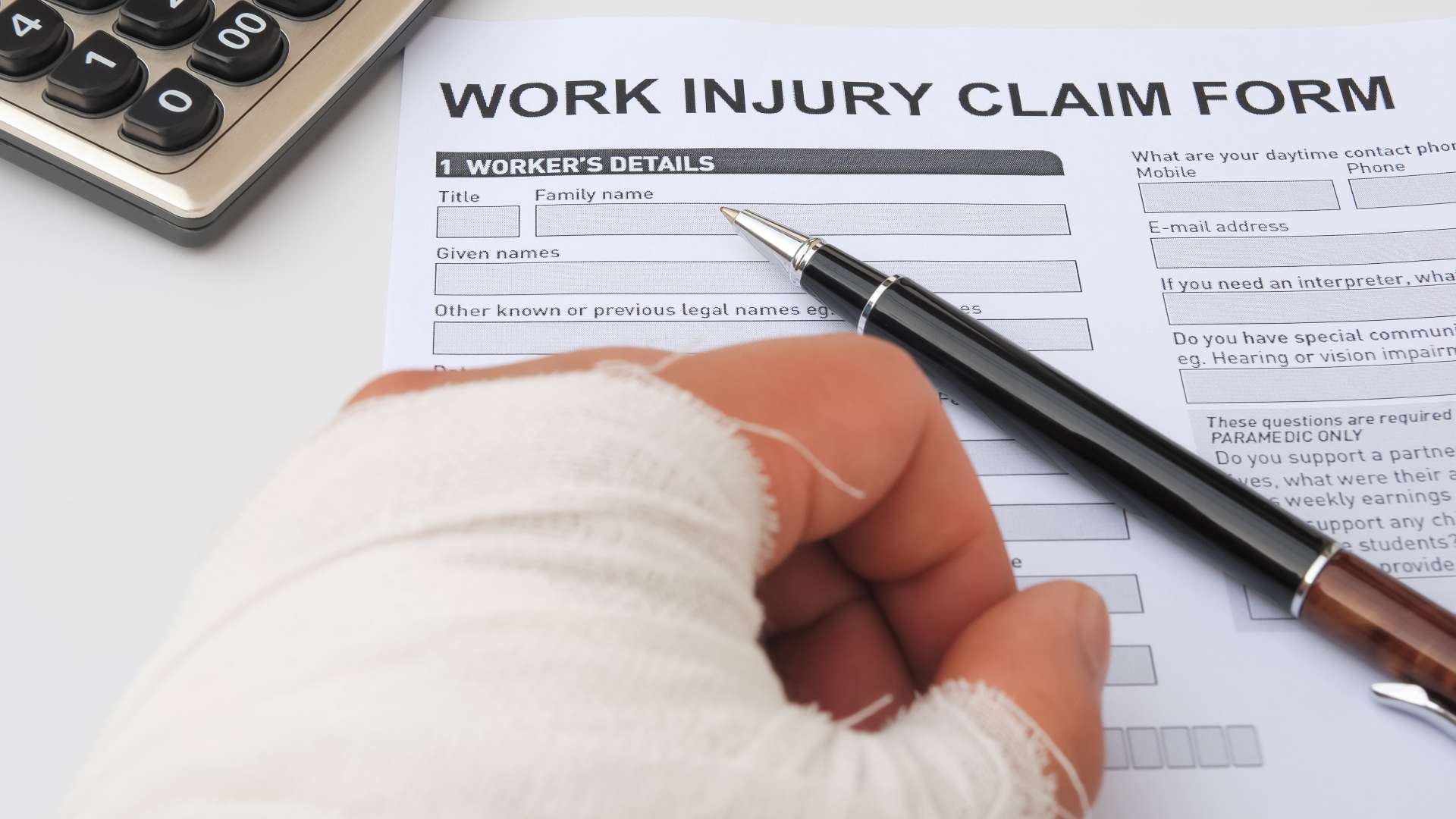In the aftermath of an accident or injury, the decision to hire a personal injury attorney can significantly impact the outcome of your case. With numerous legal professionals vying for your attention, selecting the right advocate requires careful consideration and research. This article serves as a comprehensive guide to navigating the process of hiring a personal injury attorney, ensuring that you make an informed decision that aligns with your needs and objectives.
Understanding Personal Injury Law
Personal injury law encompasses a broad range of cases, including car accidents, slip and fall incidents, medical malpractice, and wrongful death claims. At its core, personal injury law seeks to provide compensation to individuals who have suffered harm due to the negligence or intentional actions of another party.
The Role of a Personal Injury Attorney
A personal injury attorney serves as a legal advocate for individuals who have been injured as a result of someone else’s negligence. From investigating the circumstances surrounding the incident to negotiating with insurance companies and representing clients in court, a skilled attorney plays a pivotal role in securing fair compensation for their clients.
Qualities to Look for in a Personal Injury Attorney
When searching for a personal injury attorney, several key qualities can help you identify the right advocate for your case. Experience, communication skills, track record of success, and accessibility are among the most important factors to consider.
Researching Potential Attorneys
Conducting thorough research is essential when seeking a personal injury attorney. Utilize online resources, seek recommendations from friends and family, and read client reviews to compile a list of potential candidates.
Initial Consultation
The initial consultation provides an opportunity to discuss your case with a prospective attorney and evaluate whether they are the right fit for your needs. Come prepared with questions to ensure that you gain a clear understanding of the attorney’s experience and approach to handling personal injury cases.
Assessing Compatibility
In addition to evaluating an attorney’s qualifications, it’s crucial to assess your comfort level and communication with them. Trust and transparency are essential elements of a successful attorney-client relationship.
Fee Structure and Payment
Before hiring a personal injury attorney, it’s essential to understand their fee structure and payment arrangements. Many personal injury attorneys work on a contingency fee basis, meaning they only collect payment if they secure compensation on your behalf.
The Importance of Experience
Experience plays a significant role in the success of a personal injury case. An attorney with a proven track record of handling similar cases will have the knowledge and skills necessary to navigate the complexities of the legal process effectively.
Communication Throughout the Case
Effective communication is key to a successful attorney-client relationship. Choose an attorney who prioritizes regular updates and is accessible to address any questions or concerns you may have throughout the duration of your case.
Negotiation Skills
Settlement negotiations are a common aspect of personal injury cases. A skilled attorney will advocate on your behalf to secure the maximum compensation possible through negotiation with insurance companies and opposing parties.
Litigation Experience
While many personal injury cases are resolved through settlement negotiations, some may proceed to trial. It’s essential to choose an attorney with litigation experience who is prepared to represent your interests in court if necessary.
Client Testimonials and References
Client testimonials and references can provide valuable insight into an attorney’s reputation and track record of success. Don’t hesitate to ask for references from past clients or review testimonials on the attorney’s website.
Final Decision Making
Ultimately, choosing the right personal injury attorney requires careful consideration of all factors involved. Trust your instincts and select an attorney who instills confidence and provides you with the support you need during this challenging time.
Conclusion
Hiring a personal injury attorney is a crucial step in seeking justice and compensation for your injuries. By conducting thorough research, assessing compatibility, and prioritizing experience and communication, you can select an advocate who will effectively represent your interests and guide you through the legal process with confidence.
FAQs (Frequently Asked Questions)
- How much does it cost to hire a personal injury attorney?
- Many personal injury attorneys work on a contingency fee basis, meaning they only collect payment if they secure compensation on your behalf.
- What qualities should I look for in a personal injury attorney?
- Look for an attorney with experience, strong communication skills, a track record of success, and accessibility.
- How long does it take to resolve a personal injury case?
- The timeline for resolving a personal injury case can vary depending on the complexity of the case and whether it goes to trial.
- What is the role of a personal injury attorney?
- A personal injury attorney advocates on behalf of individuals who have been injured due to the negligence or intentional actions of another party, seeking compensation for their injuries and losses.
- What should I expect during the initial consultation with a personal injury attorney?
- The initial consultation provides an opportunity to discuss your case with the attorney, ask questions, and evaluate whether they are the right fit for your needs.
